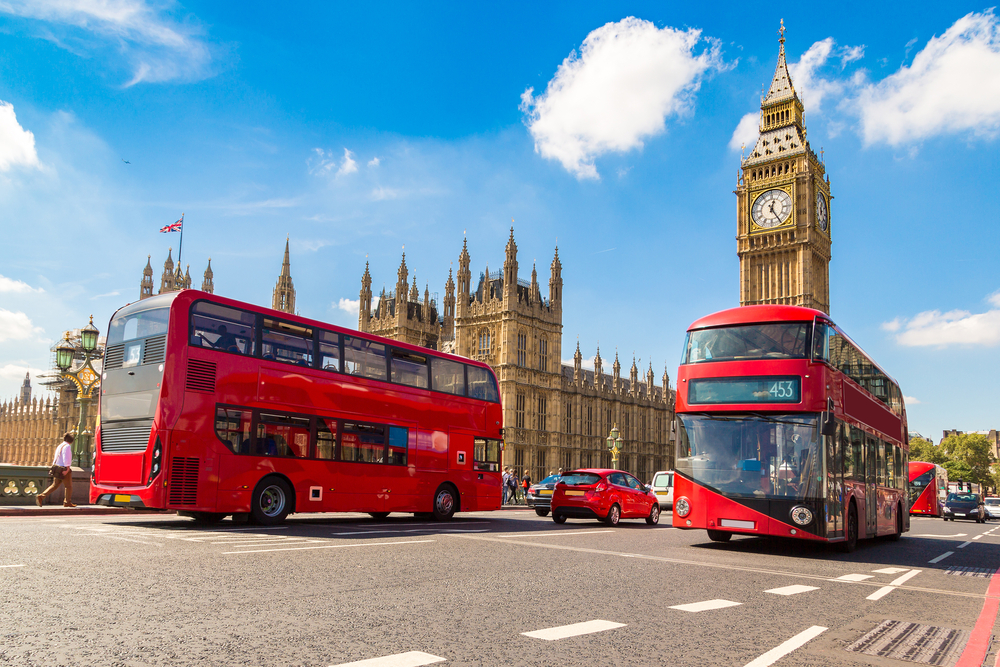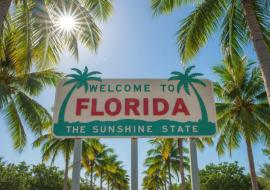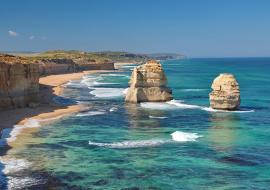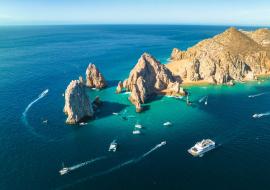UK Travel Industry Calls on Government to Kill Quarantine Plans

A group of leading travel companies have written to the home secretary, Priti Patel, urging an immediate withdrawal of government plans to impose a mandatory 14-day quarantine on anyone arriving in the UK.
Arrivals in the UK will be required to undergo the process from June 8th, according to government plans.
In the letter, the signatories argue: “The very last thing the travel industry needs is a mandatory quarantine imposed on all arriving passengers which will deter foreign visitors from coming here, deter UK visitors from travelling abroad and, most likely, cause other countries to impose reciprocal quarantine requirements on British visitors, as France has already announced.”
Over 70 chairpeople, chief executives and managing directors have endorsed the letter on behalf of their companies, which together employ thousands of people in the UK.
The companies include: Abercrombie & Kent, Rocco Forte Hotels, Der Touristik, Mr & Mrs Smith, Red Savannah, &Beyond, Kirker Holidays, Scott Dunn, Black Tomato, the Peninsula London, Claridges, the Berkeley, the Goring, Mandarin Oriental, Rosewood Hotels, the Savoy, the Ritz London, the Dorchester, Hotel Café Royal, Jumeirah Carlton Tower, the Landmark Hotel, Hyatt Regency London – the Churchill, Shangri-La the Shard Hotel, Original Travel, Cookson Adventures, Cazenove & Loyd and ATD Travel Services.
According to the World Travel & Tourism Council, the travel industry makes a US$8.9 trillion contribution to global GDP, accounting for 330 million jobs.
In the UK, the tourism sector accounts for almost four million jobs, or 11 per cent of the entire workforce.
In 2019 the sector generated almost £200 billion for the UK economy - nine per cent of total GDP.
An analysis of the outbound sector by Tourism Alliance shows that the direct economic impact of travel – the revenue generated from specific travel services, such as flights, and package holidays – is £32 billion.














